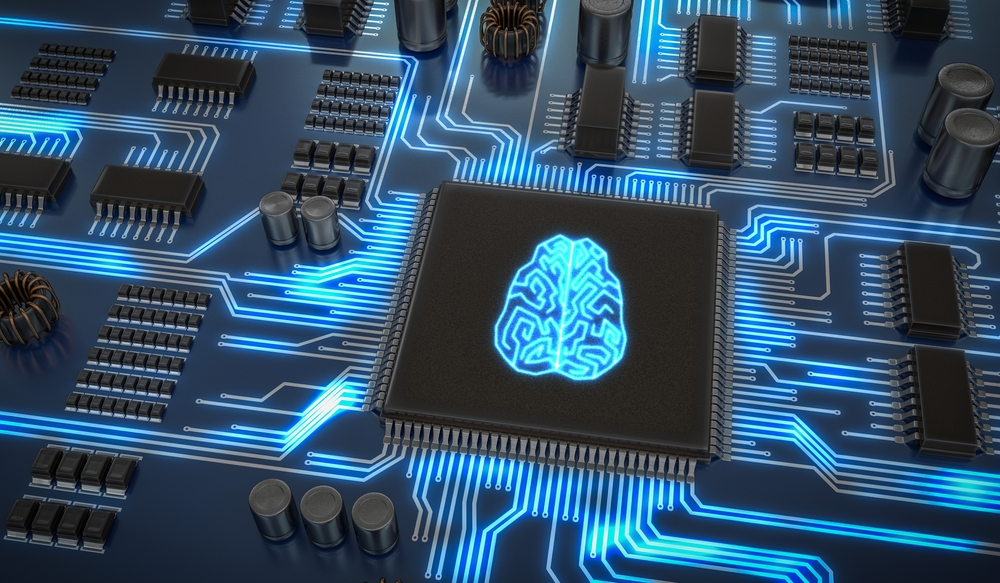Assessing the AI adoption in industries
A mere decade ago, the mention of Artificial Intelligence (AI) would have conjured up antagonists from science fiction films such as ‘The Matrix’ or ‘The Terminator’. Today, AI is a reality with mainstream adoption. It is subtly changing the possibilities for life, industry, and commerce. However, were our fears pertaining to AI unfounded?
The true capabilities of AI are yet to be fully explored as the technology is still evolving. After all, it is only in recent times that we seen some form of AI being harnessed in various applications in the modern world. While many of us understand that on the surface AI is a disruptive technology, but its implications and potential are yet to be fully understood and realized. Today, many businesses perceive AI as an engine of growth and its use is considered inevitable for businesses that pursue profits. While AI is perceived as being a greater than human intelligence, we are currently leveraging controlled AI that is focused only on certain specific functions.
Industries like BFSI (Banking, Financial Services, and Insurance) and retail have reaped the benefits of foreseeing AI as a new engine of development ahead of their peers. As AI becomes mainstream, Based on insights from Entrepreneur.com, let’s take a closer look at how AI is set to disrupt the business ecosystem.
Early adopter advantage
As one of the early users of AI technology, Amazon began developing a recommender system that recognises and anticipates user interests and behaviours, and then provides suggestions based on these insights. Amazon’s recommendation engine has been integrated into all stages of the shopping process by 2012, from product discovery to checkouts.
According to estimates by McKinsey & Company, recommendation systems are responsible for 35% of Amazon sales. IBM is another early adopter of AI-powered, data-driven technologies. Ginni Rometty, the company’s CEO, estimated that by 2025, the market for Cognitive Computing (machine learning-powered voice recognition, sentiment analysis, face detection, risk assessment, and fraud detection, among other things) will be worth $2 trillion.
A Deloitte Cognitive Technologies study of early leaders in cognitive solutions highlights that 83 percent of respondents stated their firms have already seen moderate or significant results from their work with these technologies. “Something is working, and it’s altering perceptions.” AI has thus itself as a powerful market differentiator and revenue driver for companies that are deemed to be early adopters. It undoubtedly gives them a data-driven edge. Presently, AI adoption is becoming mainstream. While many may not realize it, AI is affecting everything from your Netflix streaming recommendations to your Amazon shopping home page.
Key application areas
Virtual Assistants (Chatbots, etc.), Image Analytics, and Robotic Process Automation are the most widely used AI applications in various industries. Data and information are transformed into data-driven actionable insights by predictive and prescriptive analytics, which will power the growth engine in ways that were unimaginable only a few years ago. In 2020, the worldwide AI market was worth USD 62.35 billion, and by the end of 2021, it is expected to be worth USD 93.53 billion, according to MarketsandMarkets. The pandemic has impelled new use-cases and technical advancements for AI. It has advanced AI adoption in industries like healthcare.
Major technology companies like Microsoft, Google, Apple, Amazon, and Facebook are pursuing efforts in remote patient-clinician communication, contact tracing, and medication research. Various firms faced a considerable rise in consumer pressure during the epidemic while also grappling with a shortage of available staff. Data and information are transformed into data-driven actionable insights by predictive and prescriptive analytics, which will power the growth engine in ways that were unimaginable only a few years ago.
For retail behemoths like Walmart and Amazon, streamlining inventory management and supply chains alone saved billions of dollars in inventory expenses. Customer segmentation and churn analysis are being used by telecom and other service providers to improve customer happiness. Conversions that leveraged data-driven digital marketing has also helped many companies witness a significant revenue growth vis-à-vis conventional channels.
Reduced operating costs are the initial and most frequent tangible benefit across businesses and sectors, however metrics of success for AI adoption and Return on Investment differ across industries. However, since AI is a disruptive technology, businesses will have to re-assess their operating models, management strategies, and cultural shifts while leveraging this technology. A careful and holistic technological adoption strategy is the need of the hour.



